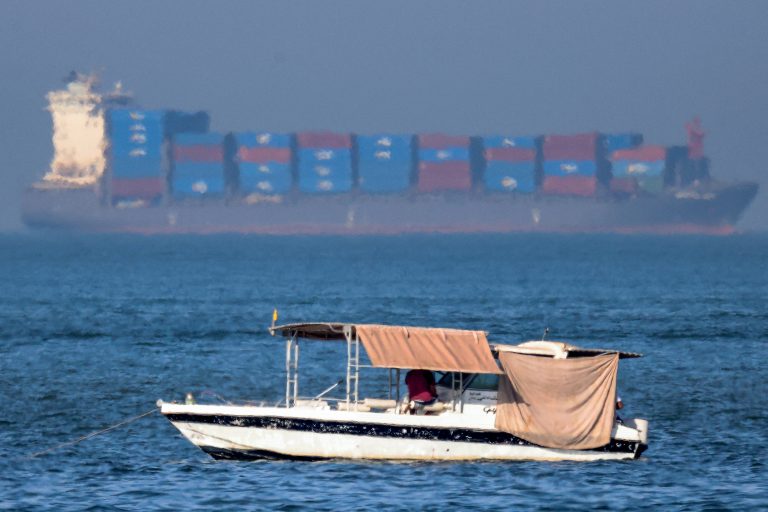São Paulo – Kuwait’s real Gross Domestic Product (GDP) should be up 2.8% next year with the easing of oil production cuts put in place by the Organization of the Petroleum Exporting Countries (OPEC+) to manage the commodity’s prices. The information was made public in an International Monetary Fund (IMF) report on the Kuwaiti economy.
The oil production cut has impacted Kuwait’s economy, whose GDP is seen contracting by 3.2% as a result of recession. Last year, economic recovery came to a halt as real GDP dropped by 3.6%, also due to reduced oil activity. GDP was down 4.3% in the oil sector and 1% in the non-oil sector on the back of reduced manufacturing activity in oil refining.
The IMF says inflation is easing in Kuwait. The country’s primary inflation index scored 3.6% in 2023, reflecting a less pronounced increase in core and food inflation. Recently, annual inflation dropped to 2.4%, driven by housing and transportation. Kuwait’s external position remains strong, the IMF said. Its current account surplus was 31.4% of GDP in 2023 despite a reduced trade surplus from lower oil prices.
Kuwait: opportunity
According to the fund, Kuwait has a window of opportunity to implement needed fiscal and structural, as the political situation remains favorable. The IMF notes, however, that the economy is highly exposed to global risks due to its dependence on oil and the prices thereof, the world economy, and regional conflicts.
Read more:
Kuwait a key importer of poultry from Brazil
Kuwait’s exports to Brazil increase
Translated by Gabriel Pomerancblum




